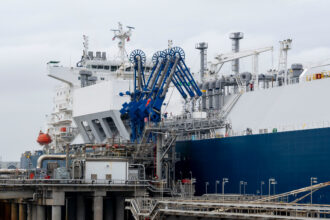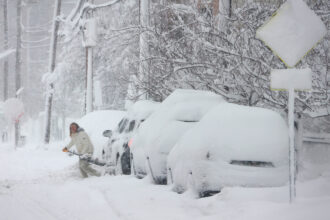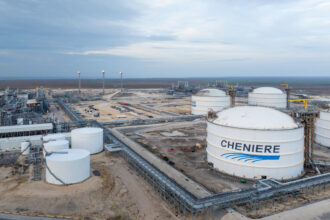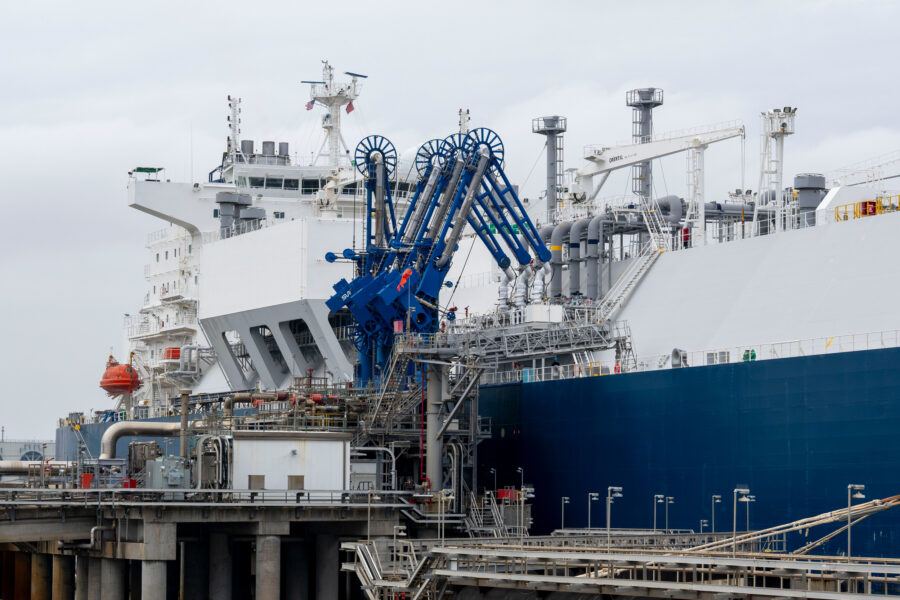by Andrew Clark, Guardian
The final "killing" of BP’s leaking well in the Gulf of Mexico prompted investors to breathe a sigh of relief, sending BP’s shares sharply higher as a tortuous five-month battle to seal the troublesome underwater oilfield drew to an end.
In spite of the long road ahead of civil, regulatory and possible criminal action, BP’s outlook has begun to brighten. More optimistic analysts are predicting legal claims arising from the Deepwater Horizon disaster could be significantly below the $20bn (£13bn) set aside by BP and a leading US campaign group, Public Citizen, has ended its call for a boycott of the oil company.
BP’s shares climbed 8p to 411p following confirmation on Sunday that the company had permanently sealed the Macondo field, some 50 miles off the coast of Louisiana, by pumping cement into the undersea reserve of oil and by intercepting its leaking well with a relief well. BP said the disaster, which involved a spill of 4.9m barrels of oil into the Gulf of Mexico, had so far cost the company $9.5bn.
The ultimate cost of the damage wreaked by the disaster remains uncertain but some believe market estimates have been too high. Jason Kenney, an oil analyst at ING Barings, said BP’s sale of non-core assets to pay for the disaster could, ironically, benefit the company.
"They’re still investible; they’re still credible; they’re very much alive and they could come out of this reinvigorated," said Kenney, who believes BP is unlikely to face criminal charges for the explosion on its Deepwater Horizon rig, which triggered the disaster. "I think, in time, we’ll look back at this and the US will be quite happy with a record financial penalty and not necessarily look at charging BP on a criminal basis."
A presidential commission investigating the disaster is due to deliver its findings in January and, at about the same time, a US coastguard panel will present its conclusions on the causes of the Deepwater explosion. The outcome of these two investigations is likely to determine whether BP is judged grossly negligent – a crucial decision as it will help determine the scale of environmental fines and the degree to which BP can offset costs to its minority co-owners in the Deepwater venture, Anadarko Petroleum and Mitsui.
Pavel Molchanov, a Texas-based analyst at the investment firm Raymond James, said he believed the overall cost could reach $48bn, including fines of as much as $18bn if BP is found grossly at fault, although fears over the future of BP have dissipated. "The bankruptcy fears have really gone away since July, when the oil stopped flowing into the Gulf. But at this point, the stock will probably remain under a cloud because liabilities are very uncertain," he said.
In the coastal region where businesses have been hit by the spill, locals remain concerned by the disaster’s economic impact. Dean Blanchard, a Louisiana seafood wholesaler hit by fishing bans in the Gulf, told the Houston Chronicle that he could only cautiously welcome the well’s closure: "It’s good news in one way, but it’s surely not solving our problems."
However, BP could at least see some relief on petrol forecourts. The biggest advocate of a US-wide boycott of BP’s petrol stations, Public Citizen, is no longer urging motorists to shun the green sunflower logo. The energy campaigner Tyson Slocum said: "You should give your business to whatever vendor you agree with. We are no longer organising a formal boycott of BP."
BP’s latest update on the cost of its response efforts cover the expenses involved in the well’s kill operation, as well as compensation for those who have been affected and the clean-up measures, which have involved about 25,200 people, dozens of aircraft and more than 2,600 ships and boats.
About This Story
Perhaps you noticed: This story, like all the news we publish, is free to read. That’s because Inside Climate News is a 501c3 nonprofit organization. We do not charge a subscription fee, lock our news behind a paywall, or clutter our website with ads. We make our news on climate and the environment freely available to you and anyone who wants it.
That’s not all. We also share our news for free with scores of other media organizations around the country. Many of them can’t afford to do environmental journalism of their own. We’ve built bureaus from coast to coast to report local stories, collaborate with local newsrooms and co-publish articles so that this vital work is shared as widely as possible.
Two of us launched ICN in 2007. Six years later we earned a Pulitzer Prize for National Reporting, and now we run the oldest and largest dedicated climate newsroom in the nation. We tell the story in all its complexity. We hold polluters accountable. We expose environmental injustice. We debunk misinformation. We scrutinize solutions and inspire action.
Donations from readers like you fund every aspect of what we do. If you don’t already, will you support our ongoing work, our reporting on the biggest crisis facing our planet, and help us reach even more readers in more places?
Please take a moment to make a tax-deductible donation. Every one of them makes a difference.
Thank you,












